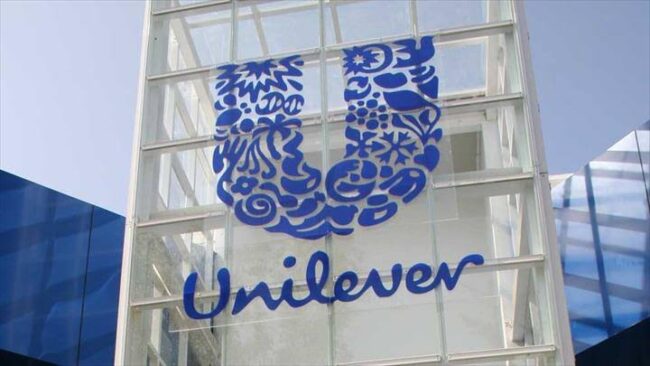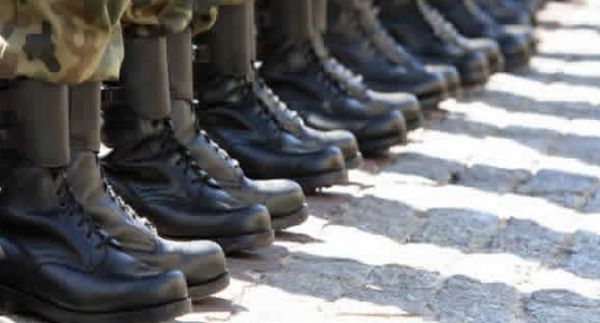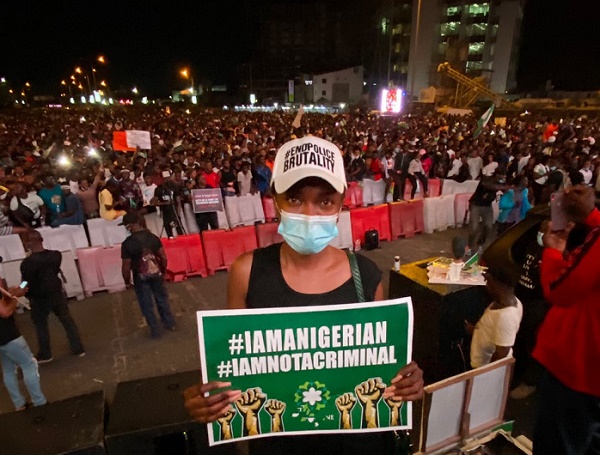Unilever Nigeria, a consumer goods company, printed a 93.9 percent surge in third quarter revenue at N17.39 billion — the biggest since second quarter 2019.
The significant increase is coming from last year’s low base, higher average prices, and a stronger volume outturn.
In its third quarter result for the period ended September 30, the makers of Knorr, saw its cost of sales increase by 27.9percent at N13.66 billion from N10.68 billion in third quarter 2019.
Selling and distribution expenses dropped by 27.4 percent at N821.6 million from N644.57 million. Marketing and administrative expenses grew faster by 80.91 percent at N3.91 billion from N2.17 billion — this is as a result of management decision to invest in brand promotional activities to boost volumes.
Advertisement
The company also recorded a net finance cost for the first time in twelve quarters. This was underpinned by a 94.6 percent decline in finance income, amidst the lower yield environment, and 624.5 percent increase in finance costs, as the company recorded higher losses on re-measurement of its foreign currency balances.
However, with the help of a N491.66 million tax credit, the company reduced its post-tax loss by 48.2 percent year-on-year and 5.7 percent quarter-on-quarter.
For the nine months, revenue tanked by 13.34 percent from N51.62 billion to N44.73 billion in 2020.
Advertisement
Selling and distribution expenses dropped slightly at N2.07 billion from N2.55 billion, while marketing and administrative expenses increased by N9.62 billion from N7.56 billion.
Loss for the period worsened at N2.06 billion from a profit of N540.68 million in same period in 2019.
Revenue from the home personal care (HPC) segment ballooned 107.3 percent year-on-year and 23 percent quarter-on-quarter — indicative of the increased demand for hygiene-related brands during the pandemic, while the food segment also increased 84.8 percent year-on-year and 25.1 percent quarter-on-quarter.
The two segments recorded significant growth, with the HPC segment contributing 43.5 percent as against 40.7 percent in Q3 2019, while the food segment contributed 56.5 percent, compared to 59.3 percent in the same period in 2019.
Advertisement
The makers of Omo detergent and Close-up toothpaste have in recent times lost market share to cheaper, smaller brands in the industry.
This is further worsened by pressured consumer wallet, weaker exchange rate, poor FX liquidity and rising inflation, which have continued to impact input and fixed costs.
Shares of Unilever has lost 40.68 percent this year, hitting the lowest price at N9.90 in April 1 and currently trades at N13.07 as at October 27.
Advertisement
Add a comment







